Top 10 Japanese Film Directors
Having recently taken a dive into Japanese cinema, I have found myself astounded at just how many amazing directors have come and gone throughout Japan's history. So today, I’d like to share with you some Japanese directors I think are/were absolutely great at what they do/did.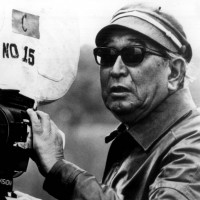 Akira Kurosawa was a Japanese film director and screenwriter, who directed 30 films in a career spanning 57 years. He is regarded as one of the most important and influential filmmakers in the history of cinema.
Akira Kurosawa was a Japanese film director and screenwriter, who directed 30 films in a career spanning 57 years. He is regarded as one of the most important and influential filmmakers in the history of cinema. One of the most influential directors in history, Kurosawa was highly influenced by western cinema, yet was able to develop his own unique style in his home country. He was dynamic and talented on multiple levels, being involved in just about every aspect of every film he directed. Yojimbo and Seven Samurai are both masterpieces in their own respect.
Another great list! Akira does indeed have his own unique style slightly based on western times with some amazing films that are well known even here in Canada like Yojimbo and Seven Samurai
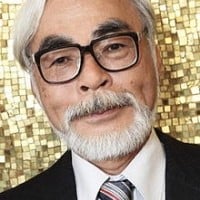 Hayao Miyazaki is a Japanese film director, producer, screenwriter, animator, author, and manga artist.
Hayao Miyazaki is a Japanese film director, producer, screenwriter, animator, author, and manga artist. Probably the most well-known Japanese director alongside Kurosawa, Miyazaki was the co-founder of Studio Ghibli. He has contributed to numerous highly acclaimed anime movies, including My Neighbor Totoro, Spirited Away, and Ponyo.
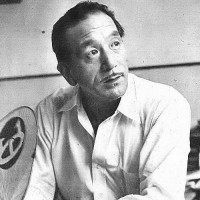
Starting off in the silent era, Ozu made a name for himself with films surrounding themes of family and marriage. Though he didn't find success until late into his career, Ozu's unique library and influence from the social climate of his time made his films all the more masterful.
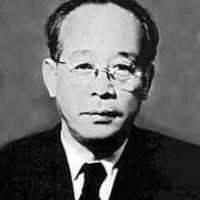
Even though his career lasted only 30 years, Mizoguchi directed well over 100 films within that time period. First influenced by German Expressionism, he later delved deep into the documentation of Japanese culture, cementing his place as one of the three masters of Japanese cinema (alongside Ozu and Kurosawa).
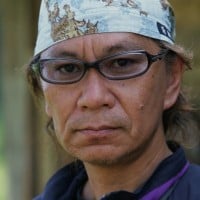
With over 100 films and shows to his name, Miike has developed quite a diverse library of media productions. He is notorious for showcasing plenty of violence and sex in his films, yet he has made a number of lighthearted children's films as well. Needless to say, Miike knows how to appeal to a broad audience.
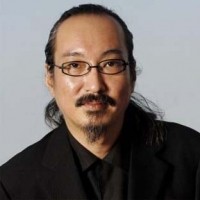
This is the man who gave us some of the most psychological, thought-provoking films; Perfect Blue, Paprika, Millenniul Actress and the anime Paranoia Agent. He was also the main director for Tokyo Godfathers. He unfortunately passed away shortly after making Paprika, truly tragic. I'm sure he would've created more masterpieces for us if he were still around.
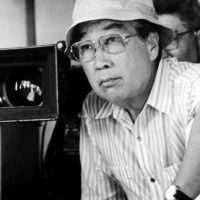
Imamura was one of the leaders of the Japanese New Wave movement, a movement classified by rejection of traditional film and the embrace of much more taboo subjects. He found himself always wanting to explore the themes he wanted to no matter how controversial, which led to him creating his own production company in the 60s.
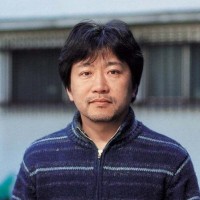
Beginning his career with documentaries, he quickly received acclaim starting with his first fiction film Maborosi. He is best known for directing drama films such as Shoplifters, After the Storm, and Like Father, Like Son. He also directed The Truth, a film that is not in his native language nor country.
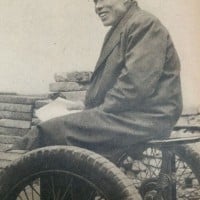
Shindo made a name for himself with his film Children of Hiroshima, released 7 years after the city had been bombed. He continued writing and directing films that dealt with political and cultural issues in Japan, such as poverty and sexuality.
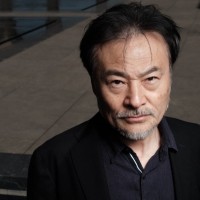
Note: he is not related to Akira Kurosawa.
Kiyoshi has made himself very well known within the realm of modern Japanese cinema with his contributions to the horror genre. He claimed in the past that he was most influenced by American directors like Don Siegel and Sam Peckinpah. Kiyoshi was also said to have somehow mixed together elements of mass genre and abstraction in his films.
Director of the original Godzilla film from 1954.
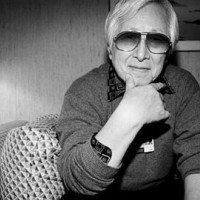
Another contributor to Japanese New Wave, Fukasaku has directed many unique films covering all different kinds of subjects, from crime syndicates to samurais to space operas. His diverse film library helped make him a well-recognized director in America, especially after directing a portion of Tora! Tora! Tora!